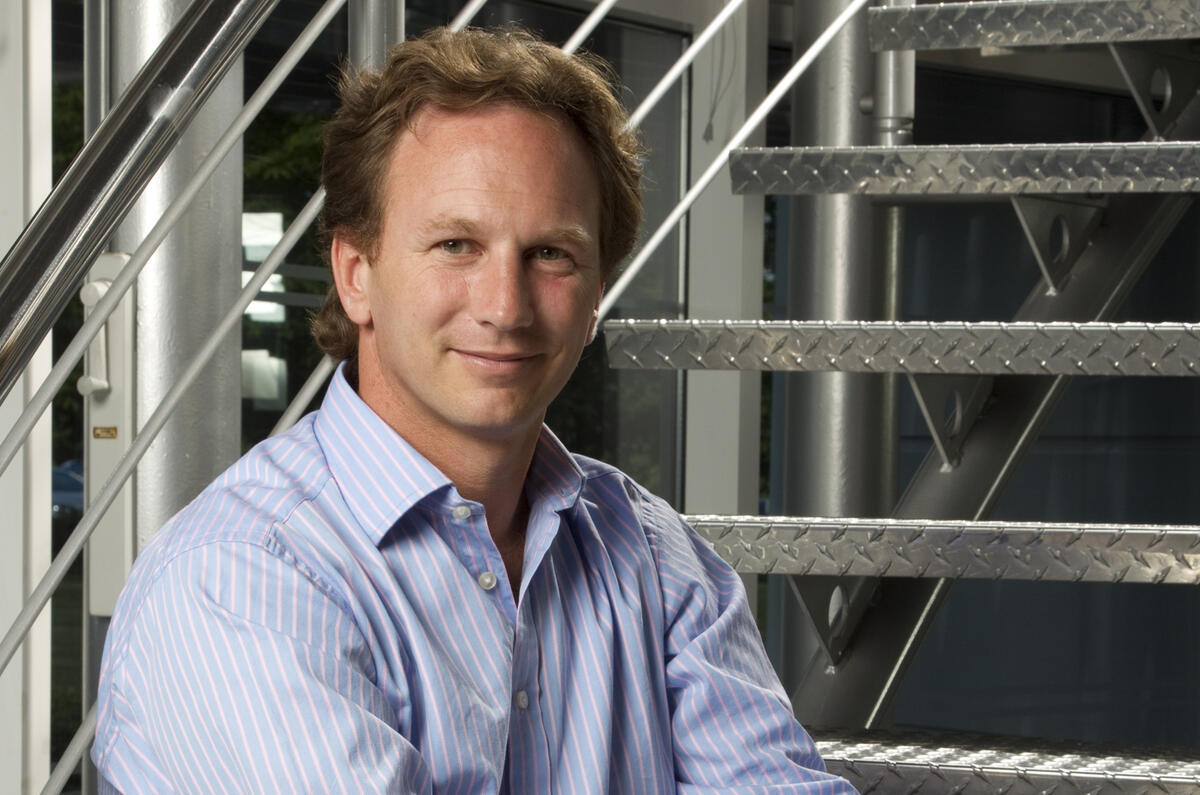For those of us who participate in F1 from the sofa, Red Bull team principal Christian Horner sprang to notice a month ago after his drivers, Mark Webber and Sebastian Vettel, had collided racing for the lead of the Turkish Grand Prix, costing the team 43 points in two championships.
In the maelstrom of interviews that followed, Horner showed remarkable poise, avoiding any display of frustration and refusing to blame either driver yet injecting enough steel into his clipped answers to convince anyone that his inevitable enquiry would be thorough and pitiless.
People found themselves wondering as much about Horner as the incident – what is he really like?
See pics from Horner's career and Red Bull's season so far
The answer seems to be that Horner really is as calm and composed as he appears. After Istanbul he didn’t shout at anyone, he says.
Certainly for an F1 luminary, his ego seems unusually well suppressed when I met him at Red Bull’s Milton Keynes HQ (formerly Stewart’s and Jaguar’s operational base).
“My job is to break problems down and find solutions,” he says. “What happened in Turkey was a consequence of letting two drivers race hard, and I don’t believe that was wrong.”
What if the drivers find themselves in identical circumstances at this weekend’s British Grand Prix? “I don’t believe it would happen again. They’ll always race, but next time they won’t push each other to the point where everyone loses.”
Pundits agree this year’s Red Bull RB6 is the quickest car on the grid. It has taken eight of nine poles so far, won four times and been in winning positions at four others before unscheduled events intervened. It’s a supreme achievement, given that five and a half years ago Red Bull was seventh in the teams’ pecking order.
This year’s success tastes all the better, Horner says, because the Renault engine (whose specification is ‘locked’ by regulations) is demonstrably less powerful than McLaren’s Mercedes unit.
The Red Bull RB6’s speed highlights the achievements of evergreen technical chief Adrian Newey (and his 150 engineers), who have built the car more slippery and agile, with better traction, to compensate.
Next year’s RB7 will be an evolution of the RB6, itself a development of the RB5. “People call our cars conservative,” says Horner, “but they’re built around a concept that has been very successful and there’s scope to take it further.”
























Add your comment